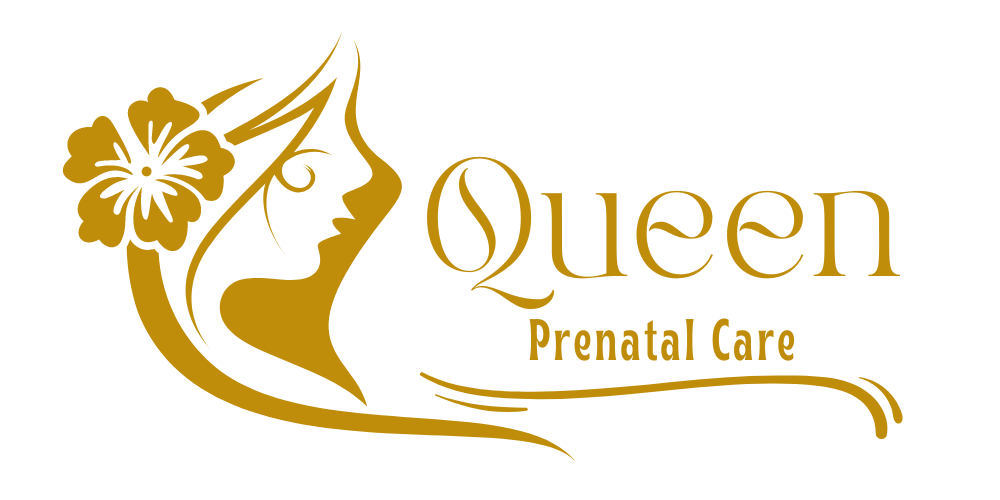Prenatal care: why is it important for every pregnant lady
Did you know that in the United States, about 1 in 9 babies are born before 37 weeks of pregnancy? That’s why prenatal care is so important. It’s the healthcare you get during pregnancy to keep you and your baby healthy.
Prenatal care can help:
- Reduce the risk of complications during pregnancy and delivery.
- Identify and treat health problems early on.
- Promote a healthy lifestyle for both you and your baby.
- Prepare you for childbirth and parenthood.
Here’s a table summarizing the key benefits of prenatal care:
| Benefit | Description |
|---|---|
| Reduce the risk of complications | Prenatal care can help identify and manage potential problems during pregnancy, such as high blood pressure, gestational diabetes, and preeclampsia. These conditions can lead to serious complications for both mother and baby. |
| Identify and treat health problems early on | Regular prenatal checkups allow your healthcare provider to monitor your health and your baby’s development. If any problems are identified, they can be treated early on, which can improve the chances of a healthy outcome. |
| Promote a healthy lifestyle | Prenatal care provides an opportunity for your healthcare provider to discuss healthy habits, such as eating a balanced diet, getting regular exercise, and avoiding harmful substances like tobacco and alcohol. These habits can help reduce the risk of complications and promote a healthy pregnancy. |
| Prepare you for childbirth and parenthood | Prenatal care includes education and counseling about childbirth and parenting. This can help you feel more prepared and confident about what to expect. |
drive_spreadsheetالتصدير إلى “جداول بيانات Google”
What to Expect at Your Prenatal Care Visits
Your first prenatal care visit should take place as soon as you know you’re pregnant. At this visit, your healthcare provider will:
- Ask about your medical history and family health.
- Perform a physical exam to check your weight, blood pressure, and urine.
- Order blood tests to check for anemia, infections, and other health conditions.
- Do an ultrasound to confirm your pregnancy and estimate your due date.
Subsequent prenatal care visits will typically occur every month until you are 36 weeks pregnant. After that, you will see your healthcare provider more often, usually every week.
At each prenatal care visit, your healthcare provider will:
- Check your weight and blood pressure.
- Listen to your baby’s heartbeat.
- Do an ultrasound to check your baby’s growth and development.
- Answer your questions and provide information about pregnancy, childbirth, and parenting.
Additional Tips for a Healthy Pregnancy
- Eat a healthy diet that includes plenty of fruits, vegetables, and whole grains.
- Get regular exercise, but talk to your healthcare provider first about what types of exercise are safe for you.
- Take a prenatal vitamin as recommended by your healthcare provider.
- Avoid smoking, alcohol, and other drugs.
- Get enough sleep.
- Manage stress by doing things you enjoy, such as yoga, meditation, or spending time with loved ones.
Quotes About the Importance of Prenatal Care
“Prenatal care is one of the most important things a pregnant woman can do to ensure a healthy pregnancy and baby.” – Centers for Disease Control and Prevention (CDC)
“Prenatal care is an investment in the health of both mother and baby.” – March of Dimes
“Every pregnant woman deserves access to quality prenatal care.” – American College of Obstetricians and Gynecologists (ACOG)
FAQs About Prenatal Care
Q: When should I start prenatal care?
- A: You should start prenatal care as soon as you know you’re pregnant. The earlier you start, the better.
Q: How often should I have prenatal care visits?
- A: The frequency of your prenatal care visits will depend on your individual health and pregnancy. Most women will have prenatal care visits every month until they are 36 weeks pregnant, and then every week after that.
Q: What should I bring to my prenatal care visits?
- A: You should bring your insurance card, a list of your medications, and any questions you have for your healthcare provider.
Q: What are some signs that I should call my healthcare provider right away?
- A: You should call your healthcare provider right away if you experience any of the following:
- Vaginal bleeding
- Severe abdominal pain
- Changes in your baby’s movement
- Fever
- Chills
- Difficulty breathing
Additional Resources
- Centers for Disease Control and Prevention (CDC): https://www.cdc.gov/pregnancy/index.html
- March of Dimes: https://www.marchofdimes.org/
- American College of Obstetricians and Gynecologists (ACOG): https://www.acog.org/
Conclusion
Prenatal care is an essential part of a healthy pregnancy. It can help you and your baby stay healthy and reduce the risk of complications. Make sure to schedule your prenatal care visits early and often, and follow your healthcare provider’s advice.
Remember, you’re not alone in this journey! There are many resources available to help you and your family have a healthy and happy pregnancy.

